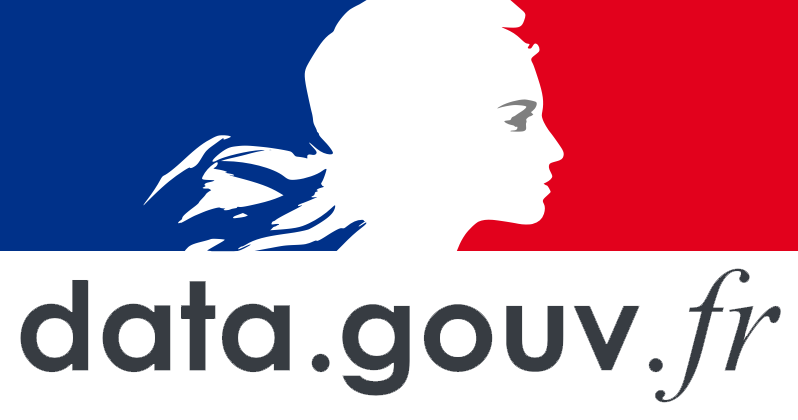Understanding the Collective Agreement for Private School Psychologists
The National Collective Agreement for Psychologists in Private Education holds significant importance in the realm of educational psychology within France. Established on January 11, 1985, this document serves as a cornerstone for regulating the employment conditions of psychologists working in private institutions. Not only does it dictate employment terms, but it also sets out to ensure that psychologists’ rights and obligations are systematically protected.
Highlighting key elements, this agreement outlines the specific roles and responsibilities of psychologists in private education settings, aiming to secure fair and equitable treatment for these professionals. It's essential for both employers and employees to fully understand the intricacies within to maintain harmonious and productive working relationships.
Core Provisions and Employment Terms
The agreement meticulously covers a spectrum of employment terms crucial for any psychology practitioner engaged in the educational field. These include well-defined job roles, salary structures, and progression paths. With comprehensive guidelines on salaries, the agreement ensures that all psychologists receive remuneration that reflects their experience, education, and contributions.
Moreover, the agreement specifies work hours, ensuring compliance with national labor laws to protect employees from excessive workloads and enable adequate work-life balance. Understanding these provisions is critical for ensuring transparency and clarity in contract negotiations between private schools and their psychology staff.
Rights and Responsibilities
Beyond financial and operational aspects, the agreement ensures the safeguarding of workplace rights and responsibilities for psychologists. This extends to ensuring confidentiality, upholding ethical standards, and fostering a supportive environment for professional growth. The document stresses the significance of maintaining a professional demeanor and implementing practices that uphold psychological and educational integrity within institutions.
Key responsibilities outlined for psychologists involve delivering professional guidance and support to students and educators, emphasizing the importance of their role in fostering a healthy and conducive learning environment. Adhering to these responsibilities ensures that psychologists contribute positively to the educational sphere, aligning personal expertise with institutional goals.
Balancing Welfare and Professional Development
The agreement also places strong emphasis on the welfare and continuous professional development of psychologists. It mandates accessible professional development opportunities, encouraging psychologists to engage in regular training and knowledge enhancement activities. This provision ensures that professionals are up-to-date with the latest psychological practices and methodologies.
Furthermore, psychological welfare is addressed through provisions for mental health support and stress management facilities within the educational institutions. These measures are vital in helping psychologists navigate the dynamic and often challenging environment of educational psychology.
Conclusion: Navigating Future Challenges
The implications of this agreement continue to evolve, adapting to the present-day challenges faced by psychologists within private educational institutions. By maintaining a balance between regulatory compliance and professional expectations, the agreement provides a robust framework for both employers and psychologists. Whether you are a new entrant in the field or an experienced professional, understanding this document is pivotal in navigating your career in educational psychology effectively.
In conclusion, as new practices emerge and educational environments shift, this collective agreement remains an essential guide, ensuring the sustained quality and effectiveness of educational psychological services within private schools.
